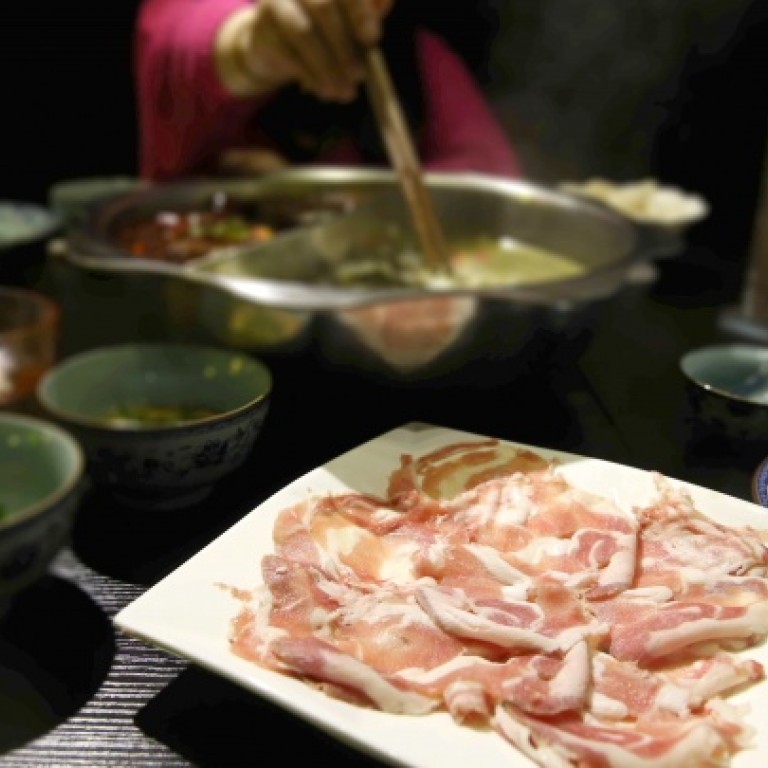
Chinese government watchdogs issue tips on detecting fake food following scandals
After a string of food scandals over the years, the media and government quality watchdogs are offering mainlanders a host of hints about how to detect dodgy comestibles.
After a string of food scandals over the years, the media and government quality watchdogs are offering mainlanders a host of hints about how to detect dodgy comestibles.
In a recent example, after the Public Security Ministry announced early last month that more than 900 people had been arrested over a meat-substitution racket, police in Zhoushan, Zhejiang, offered tips on their official microblog account on how to distinguish fake mutton from the real thing. The culprits had used everything from fox to rat meat.
The detailed guidelines - which appeared the day after the news broke - were even accompanied by illustrations.
"It is difficult to tell the difference if you are not watching carefully," the post said. "But after close observation, we can say there are very big differences."
The guidelines told customers to examine carefully the connections between the fat and the meat in slices of mutton - were they separated or did they stick together, and did the meat fall apart into several pieces after being boiled for two minutes?
Other guidelines cover everything from ginger to sesame oil, vinegar, leeks, rice, corn, pork, milk powder and bean sprouts.
Zhang Lihe, a 62-year-old retiree in Beijing, has become a fan of media food-safety tips.
"Although I am not able to keep all these tips in mind, it's not bad to see experts show us, step by step, how to distinguish good food from bad, real from fake."
Last month, there were reports that some sesame-oil producers were mixing fragrances and salad oil together to produce cheap, fake sesame oil.
Shandong TV took its cameras to a laboratory at Shanxi University, where a professor in a white coat showed viewers how to tell the difference between real and fake sesame oil.
"Smell it. If the smell of the sesame oil is prolonged and smooth, it's real," the professor said. "If it smells harsh, it is fake."
Even has weighed in with tips on avoiding problematic food. On May 20, days after government tests indicated that nearly half of the rice sold in Guangzhou was contaminated with cadmium, it quoted "experts" as saying people should "diversify" their diets so that they did not eat rice produced from just one region for a long time.

